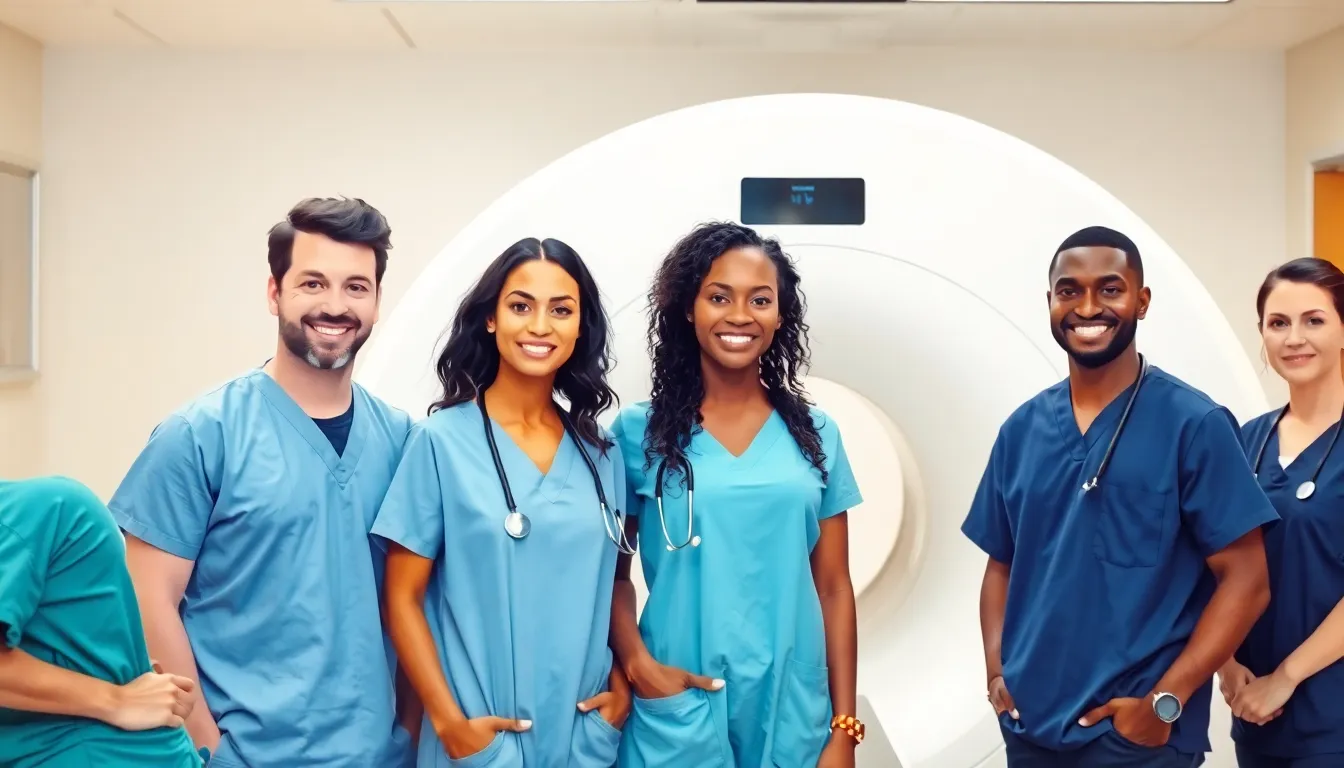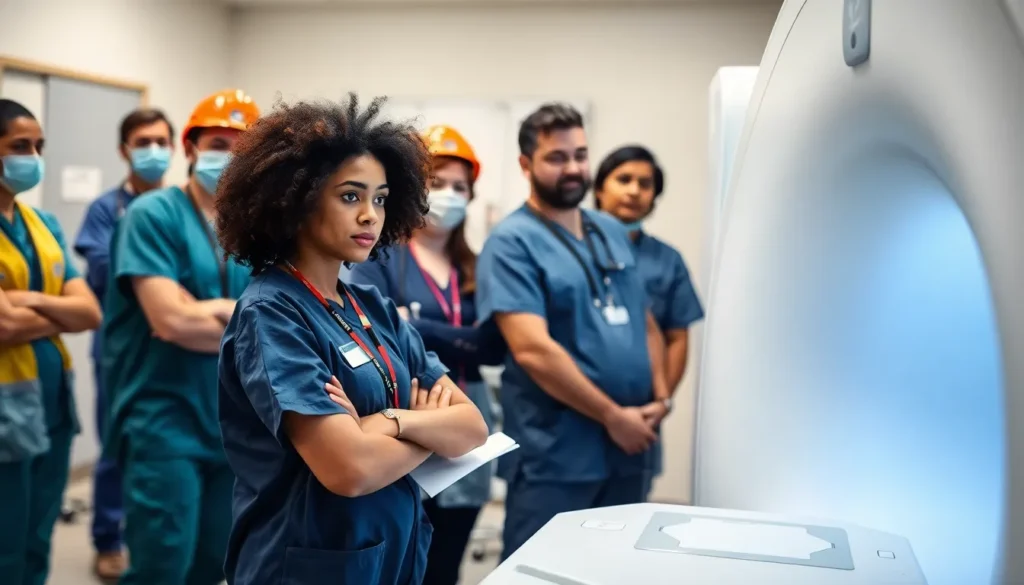In a world where everyone wants to be the next superhero, MRI technology programs are the unsung sidekicks making it all possible. These programs train the heroes of healthcare, equipping them with the skills to operate the magical machines that peer inside our bodies without a single incision. Who wouldn’t want to master the art of deciphering the mysteries hidden beneath the skin?
MRI Technology Programs
MRI technology programs equip healthcare professionals with skills to operate MRI machines, enabling non-invasive examinations of the human body. These programs enhance understanding of anatomy and pathology through advanced imaging techniques.
Definition of MRI Technology
MRI technology employs strong magnetic fields and radio waves to create detailed images of organs and tissues. This imaging modality doesn’t use ionizing radiation, making it a safer alternative compared to X-rays or CT scans. With MRI, practitioners visualize soft tissues, which are less distinguishable in other imaging techniques. Medical professionals rely on precise MRI images for accurate diagnostics and treatment planning, benefiting patient care significantly.
Importance of MRI in Healthcare
MRI plays a vital role in diagnosing various medical conditions, including tumors and neurological disorders. Enhanced visualization aids early detection, which is crucial for effective treatment. MRI provides comprehensive views of the central nervous system and musculoskeletal structures, offering valuable insights that influence clinical decisions. Various specialties, including oncology and orthopedics, utilize MRI results to tailor individual treatment plans based on clear imaging. This technology supports non-invasive methods, reducing patient stress while delivering critical information for healthcare providers.
Types of MRI Technology Programs

MRI technology programs come in several formats, offering various pathways for career advancement in healthcare. Each program type caters to different educational backgrounds and professional goals.
Certificate Programs
Certificate programs in MRI technology typically require a foundational understanding of radiologic technology. These programs often last six months to one year and focus on essential skills for operating MRI machines. Participants gain practical experience along with theoretical knowledge. Upon completion, many graduates pursue roles as MRI technologists in hospitals and imaging centers. Certificate programs prepare individuals for immediate entry into the workforce while enhancing their qualifications in medical imaging.
Associate Degree Programs
Associate degree programs offer a more comprehensive education in MRI technology. These programs usually span two years and combine coursework in anatomy, physics, and patient care with hands-on training. Graduates often receive an Associate of Applied Science degree, which qualifies them to sit for national certification exams. An associate degree increases employability and provides a solid foundation for those looking to further their education. Graduates can work in diverse settings, including clinics, hospitals, and outpatient centers.
Bachelor Degree Programs
Bachelor degree programs in MRI technology provide an extensive academic experience, lasting about four years. These programs dive deeper into advanced imaging techniques, patient management, and healthcare administration. Students often engage in research projects and specialized clinical rotations. Graduates receive a Bachelor of Science in Radiologic Technology or a related field, expanding their career opportunities. Those who complete this level of education may explore leadership roles or pursue advanced certifications in MRI specialties.
Key Curriculum Components
MRI technology programs include several essential curriculum components that ensure thorough training for students. Core courses lay the foundation for understanding key concepts in MRI physics, anatomy, and imaging procedures.
Core Courses
Core courses provide crucial knowledge and skills. Topics often include MRI safety protocols, patient care, and imaging techniques. Students learn about the human body’s anatomy, essential for accurately capturing images. Understanding MRI equipment operation is another significant focus. Courses also cover the physics behind magnetic resonance imaging, aiding students in grasping complex concepts.
Clinical Training
Clinical training offers hands-on experience in real-world healthcare settings. Students typically complete supervised clinical rotations, applying theoretical knowledge to practical scenarios. During these rotations, they work directly with patients and MRI machines, enhancing their technical skills. Exposure to diverse medical cases broadens their understanding of varying conditions that require MRI imaging. Feedback from experienced MRI technologists helps refine their skills and boost confidence.
Certification Preparation
Certification preparation ensures graduates are ready for national certification exams. Programs often incorporate review courses focused on the exam content and format. Study materials frequently include practice exams and study groups, which reinforce learning. Graduates can expect to be well-prepared for certification, helping them secure positions as qualified MRI technologists. This preparation enables them to pursue various career paths within the medical imaging field.
Career Opportunities in MRI Technology
MRI technology programs open various career paths in the healthcare sector. Graduates secure vital roles that rely on advanced imaging techniques for diagnosis and treatment.
Job Roles and Responsibilities
MRI technologists operate MRI machines and ensure patient safety during scans. Responsibilities also include preparing patients for procedures, explaining the process, and positioning them correctly. Maintaining equipment and ensuring its proper function play a crucial role in their daily tasks. Collaboration with radiologists and other healthcare professionals enhances the accuracy of imaging results, while adherence to safety protocols ensures quality patient care.
Salary Expectations
MRI technologists earn competitive salaries based on experience and location. According to the Bureau of Labor Statistics, the median annual wage for MRI technologists is approximately $77,000. Those with advanced certifications or in leadership positions tend to have higher earning potential. Geographical factors also impact salaries, with metropolitan areas often offering better compensation due to increased demand for skilled professionals.
Employment Outlook
Employment of MRI technologists is expected to grow significantly over the next decade. Factors contributing to this growth include an aging population requiring more diagnostic imaging services and advancements in MRI technology. The Bureau of Labor Statistics projects a job growth rate of about 9% from 2020 to 2030. This trend indicates a strong demand for qualified professionals capable of operating advanced MRI systems in various clinical settings.
Advantages of MRI Technology Programs
MRI technology programs provide numerous benefits that enhance student education and career prospects. These programs prioritize hands-on experience and job placement assistance, essential for building competent professionals in the healthcare sector.
Hands-On Experience
Students gain valuable skills through practical training in supervised clinical settings. Such experience allows them to operate MRI machines, apply safety protocols, and interact with patients. Engaging in real-world scenarios enhances their confidence and prepares them for the demands of the workplace. Completing clinical rotations provides exposure to various imaging techniques and reinforces knowledge acquired in the classroom. Ultimately, this hands-on training equips graduates with the expertise necessary to excel as MRI technologists.
Job Placement Assistance
Programs typically offer job placement assistance, streamlining the transition from education to employment. Career services connect graduates with potential employers and provide guidance on resume building and interview preparation. Networking opportunities often arise through partnerships with local healthcare facilities. Graduates frequently find positions quickly, as the demand for skilled MRI technologists remains high. By ensuring students receive support, MRI technology programs play a significant role in shaping successful careers in medical imaging.
Conclusion
MRI technology programs play a pivotal role in shaping the future of healthcare. By equipping students with essential skills and hands-on experience, these programs ensure that aspiring MRI technologists are ready to meet the demands of the field. With a strong job outlook and competitive salaries, pursuing a career in MRI technology offers both stability and growth potential.
As advancements in imaging continue to evolve, the need for well-trained professionals remains critical. Graduates not only contribute to improving patient outcomes but also become integral members of healthcare teams. By choosing the right MRI technology program, individuals can embark on a rewarding career that makes a meaningful impact in the lives of patients and the healthcare community as a whole.

